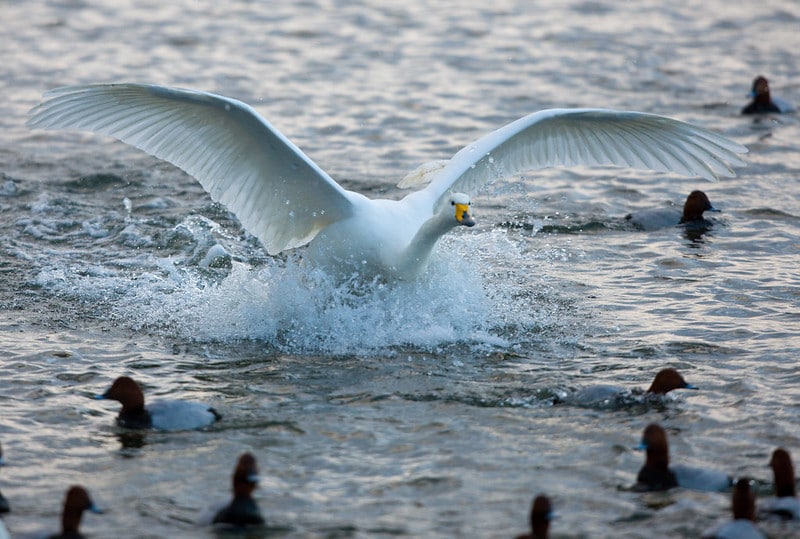The Royal Society for the Protection of Birds has confirmed plans to cull millions of mice on a South Atlantic Island to help preserve critically endangered bird species. An estimated two million seabird chicks are currently lost each year on Gough Island, a UK Overseas Territory, because mice eat the flesh of chicks, which then die from their wounds. Scientists have also observed the mice, which have evolved to twice their original size due to the absence of other predators, devouring adult seabirds. However, the mice culling project has been vehemently opposed by animal rights groups.
—
The project was initially planned for 2020 but was postponed due to COVID-19; now, RSPB’s trustees have confirmed the mice culling project will go ahead in the Southern Hemisphere winter of 2021.
Isobel Hutchinson, the director of Animal Aid, has criticised the planned cull, telling The Guardian: “The species that we prefer to succeed may not, but we should let that happen rather than deciding to micromanage, control and inflict suffering on the species we don’t like.”
Without human intervention the non-native mice, which were introduced to the island by nineteenth-century seal-hunters, could lead to the extinction of several bird species on Gough, which has held World Heritage Site status since 1995.
You might also like: Endangered Right Whale Populations are Rebounding
Species threatened by the mice include the two critically endangered British bird species, the Tristan albatross and the Gough bunting. With the exception of three pairs, all mature Tristan albatross breed on the island.
Predation also affects other bird species on the island, which is home to the endangered MacGillivray’s prion, and over 99% of the entire global population of the endangered Atlantic petrel.
Scientists are concerned by the decreased breeding success of multiple species in recent years, with as few as zero MacGillivray’s prion chicks surviving long enough to fledge, to reach the developmental stage at which wing feathers become strong enough for flight, in 2014/15.
Partly funded by multiple organisations including the UK government, the multi-million-pound scheme will be the RSPB’s largest ever international project. A team of 60 experts will take birds into temporary captivity for their protection before helicopters drop poison onto the island.
Animal rights activists have challenged the use of this lethal method, as well as the specific poison being used, brodifacoum, which when administered to mice causes internal bleeding and then death 2-3 days later.
There are alternative options, like using faster-acting poison or building nesting platforms for the birds, but should mice not be killed by the poison, they may learn to associate the bait with danger, and any platforms would have to be designed to withstand storms.
Speaking to The Guardian, Martin Harper, global conservation director of the RSPB, confirmed the charity would support research into non-lethal solutions in the future but said: “Is it available now? No. Is this action urgent in terms of the fate of these bird species? Yes.”
Similar previous projects have been successful. Following a restoration project on the island of South Georgia, which aimed to eradicate all rodents, the island was declared rodent free for the first time in centuries in 2018, to the advantage of its bird population.
It is hoped this project will prevent the deaths of millions of seabirds and maintain global biodiversity by enabling Gough Island to continue to act as a seabird nesting site.
Featured image by: Flickr

















